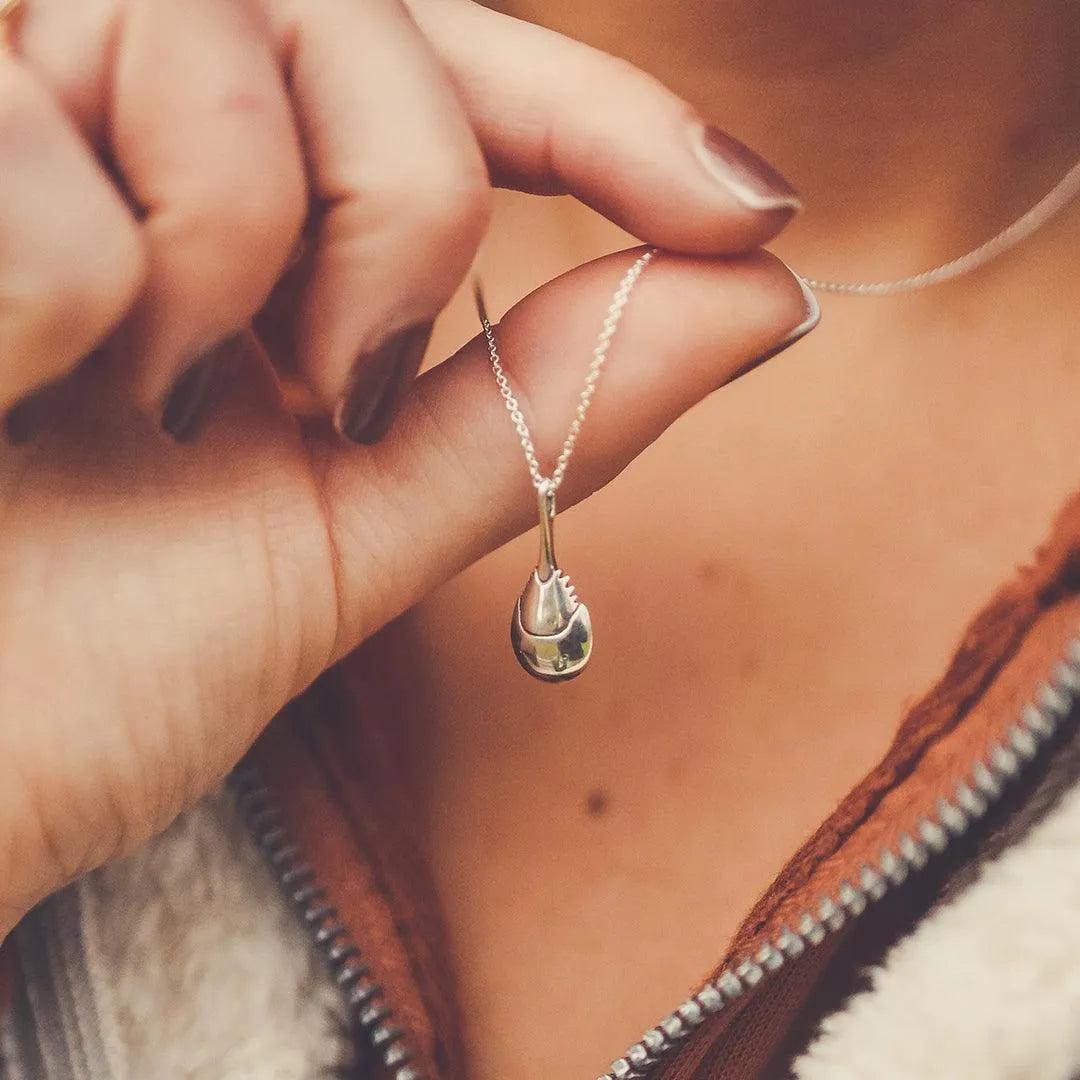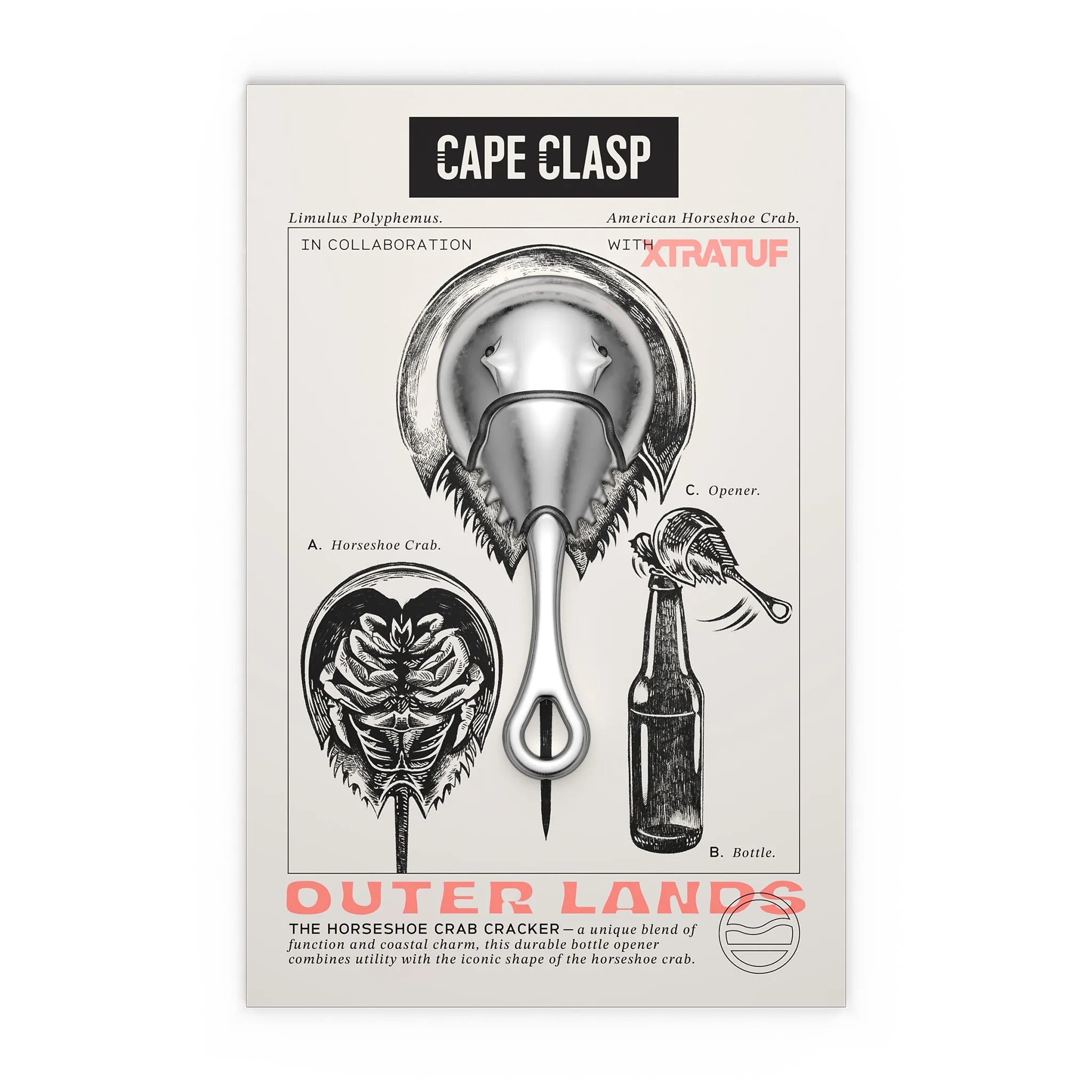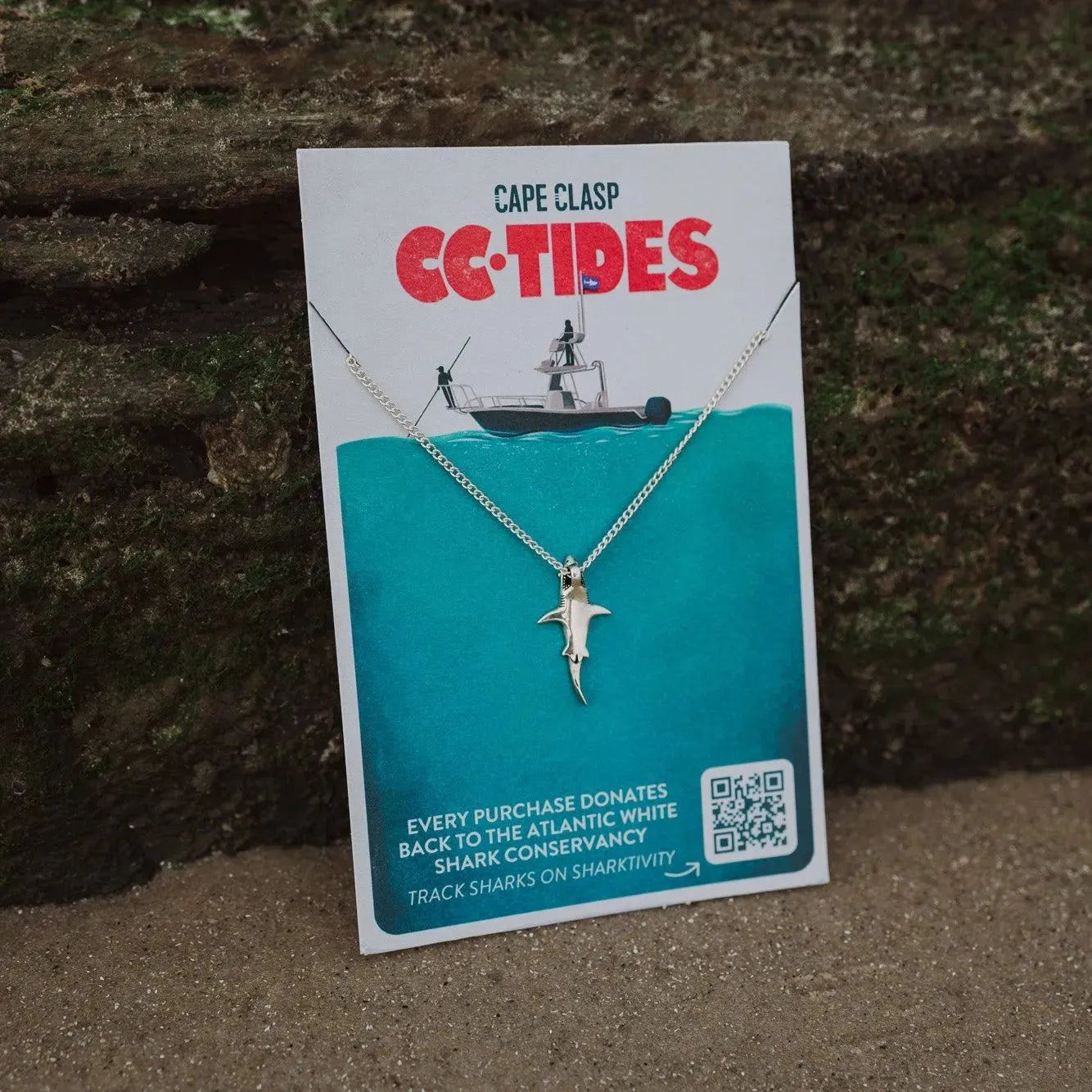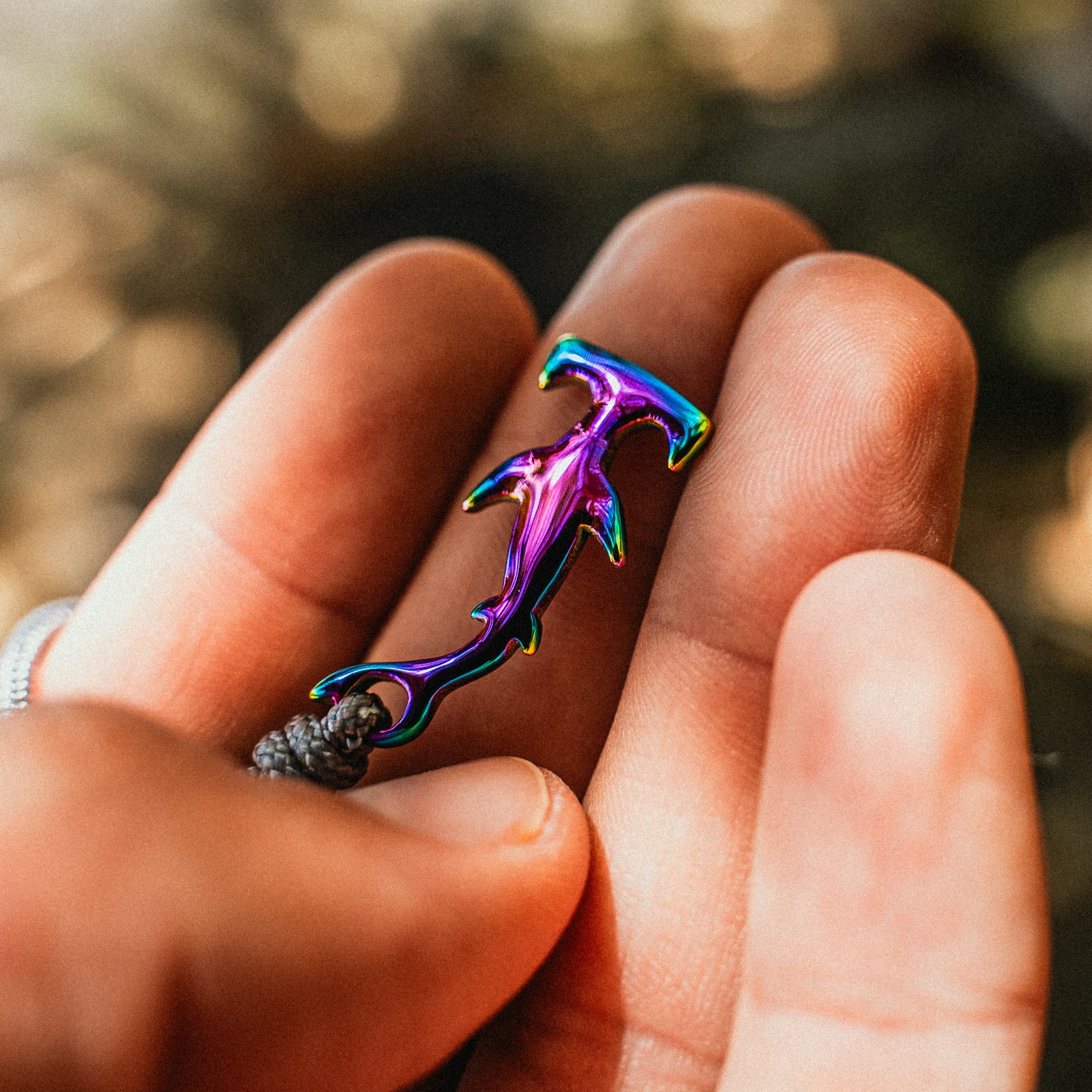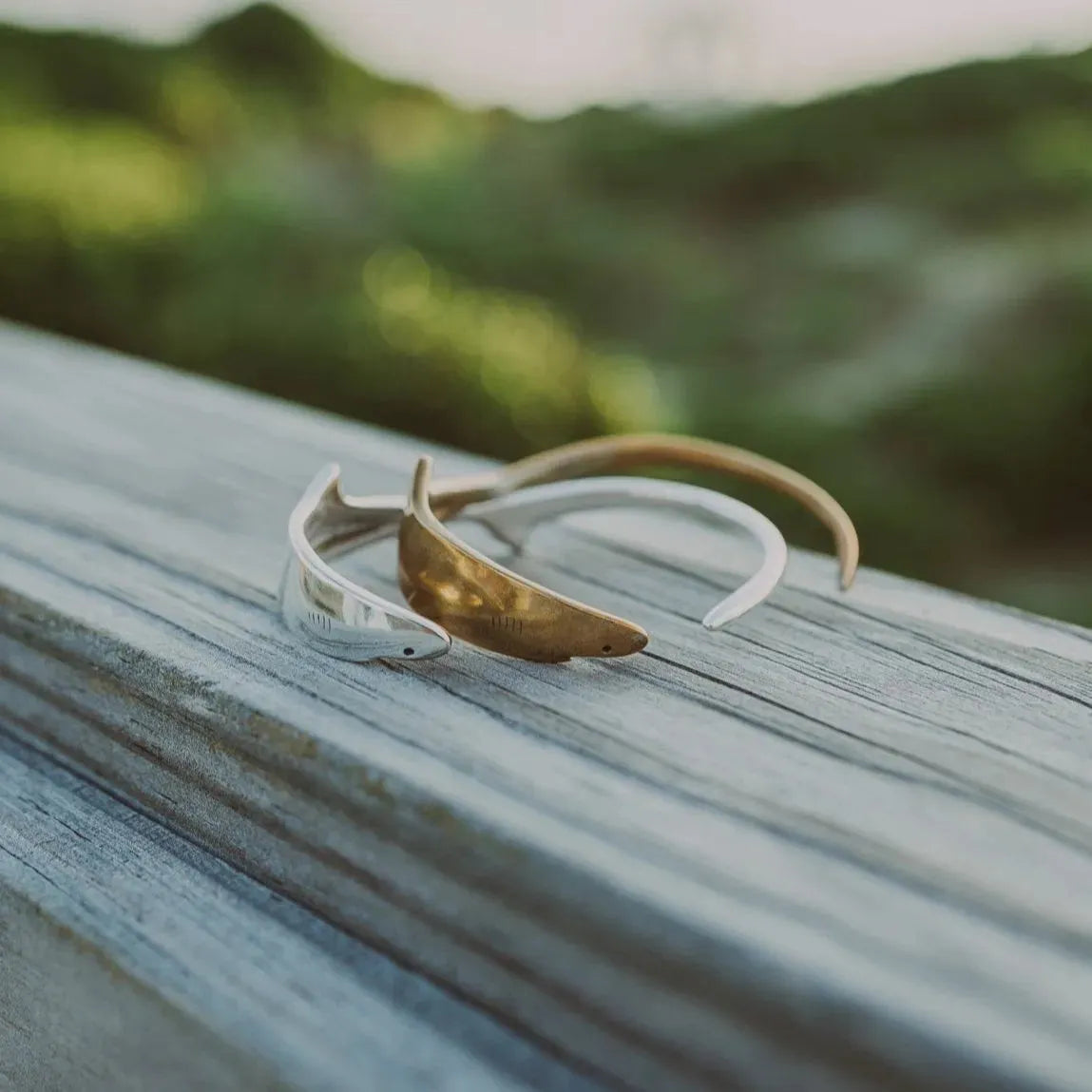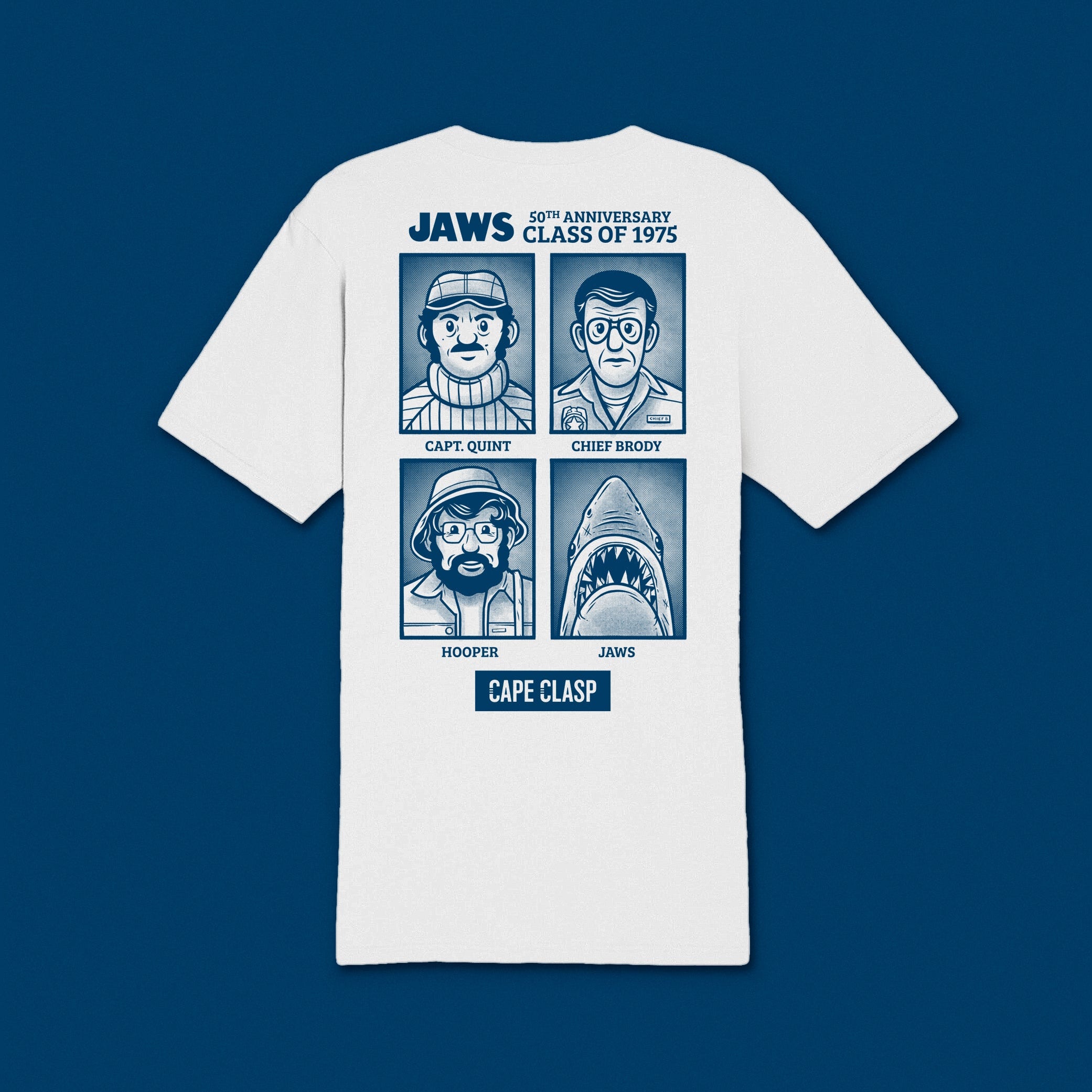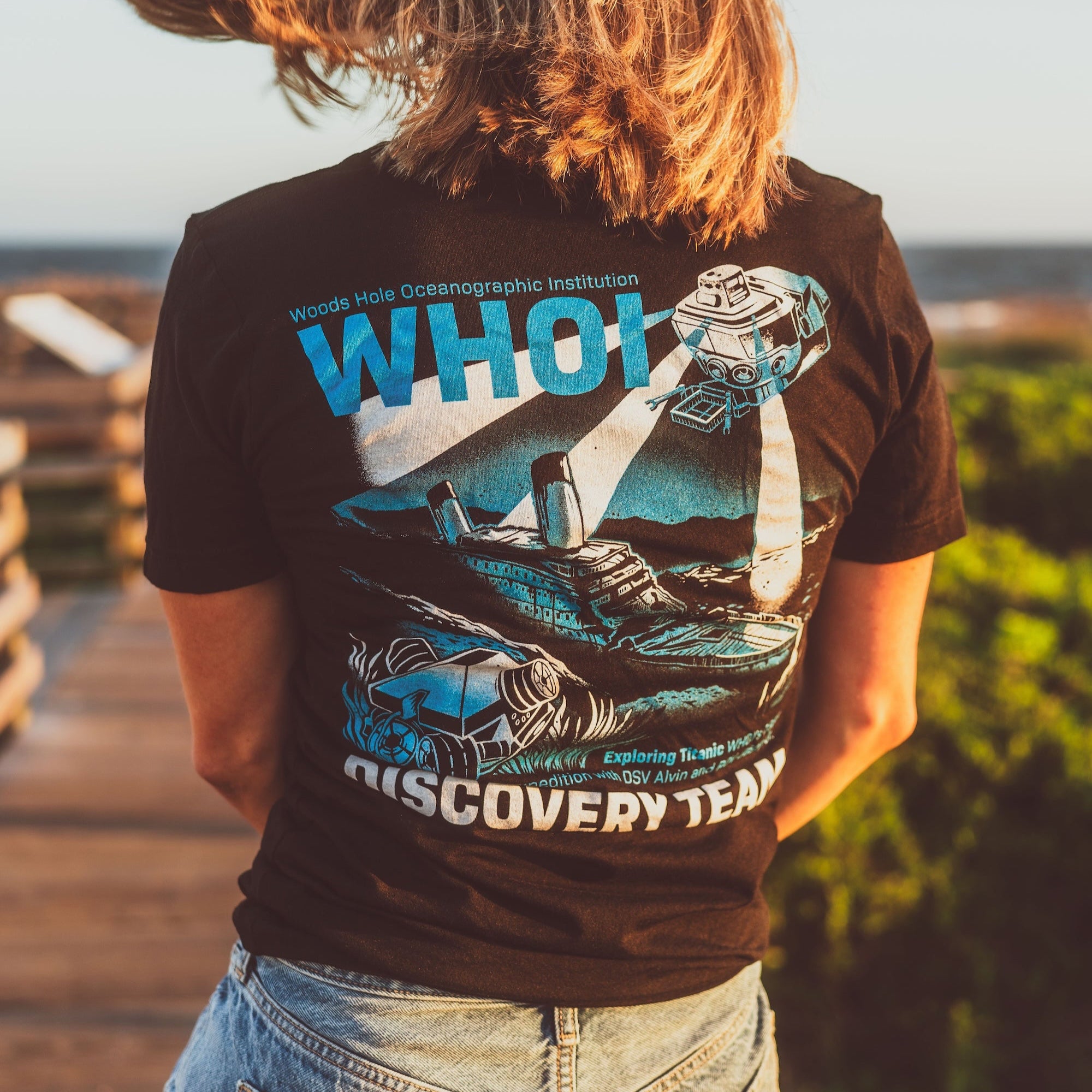
5 WAYS TO SHOP MORE CONSCIOUSLY
Our lifestyle choices are having unintended consequences on ecosystems across the globe. Our consumption habits are responsible for 60-80 percent of the impact we have on our planet.
We pulled together five quick changes that will help you lessen the environmental impact of your shopping habits.
- Reduce packaging. Cities and towns around the world are waking up to our problem with plastic pollution and enacting plastic bag bans in their communities, so many residents have made a habit of toting around a reusable bag for their shopping trips. But, you can take it one step further and be more conscientious about how much packaging your purchases use. Creating packaging and sending it to the landfill creates greenhouse gas emissions, which are contributing to climate change and ocean acidification, devastating coral reefs across the world. If you shop online, leave feedback about the packaging or try to buy smaller goods at local brick and mortar stores. Package-free grocery store sell their products without packaging so customers. Check out this locator by Litterless to find one near you.
- Avoid microplastics. There will be more plastic than fish in the ocean by 2050, a statistically that underscores how dire our plastics problem is. And, it’s not just the big offenders, like water bottles or straws, that are choking our oceans. Microplastics, or tiny pieces of plastic less than 5 millimeters long, are killing marine life on a daily basis. When you’re shopping for your next tube of toothpaste or bottle of body wash, check out Beat the Microbead to find a product that is microplastic-free. Some microplastics are simply larger pieces of plastics that have broken down, while others, known as microbeads, are manufactured and used in toothpaste, face wash, and other health and beauty supplies. Luckily, Congress passed a law in 2015 banning microbeads from health and beauty products, but many brands still use microplastics in their products.
- Choose to reuse. As the seasons change, it can be update your wardrobe with the newest styles. But, this puts unnecessary strain on the environment. The fashion industry is considered the second dirtiest industry in the world. And, it’s clear this is a problem that is unlikely to disappear any time soon: We are buying 60 percent more clothing than in 2000, yet keeping each item for only half of the time. Instead of buying new clothes, head to your local thrift or consignment store. You’ll find unique, gently-used styles at a fraction of the cost and divert clothing from heading to the landfill. When cleaning out your closer, don’t throw out your old pieces: donate them to a qualified charity, bring them to the consignment store, or use an online service like thredUP and make some money off them!
- Go paperless. A simple switch to your billing preferences for your credit cards, utility bills, and subscription services can reduce the amount of paper bills and notifications. Take it a step further and choose digital catalogs and magazines over the print versions, and unsubscribe from pesky junk mail.
- Support mission-driven brands. The truth is, it’s unlikely that everyone will adopt a minimalist lifestyle and reduce their consumption habits. But, it we all spend some time searching for conscious brands through tools like DoneGood, we can reduce our impact on the environment. Here are Cape Clasp, we’re keenly aware of how our supply chain and products are affecting the environment, and we’re constantly working to improve our footprint on the planet. And, each sale gives back to marine causes: we donate 15 percent of our profits to marine life organizations.

